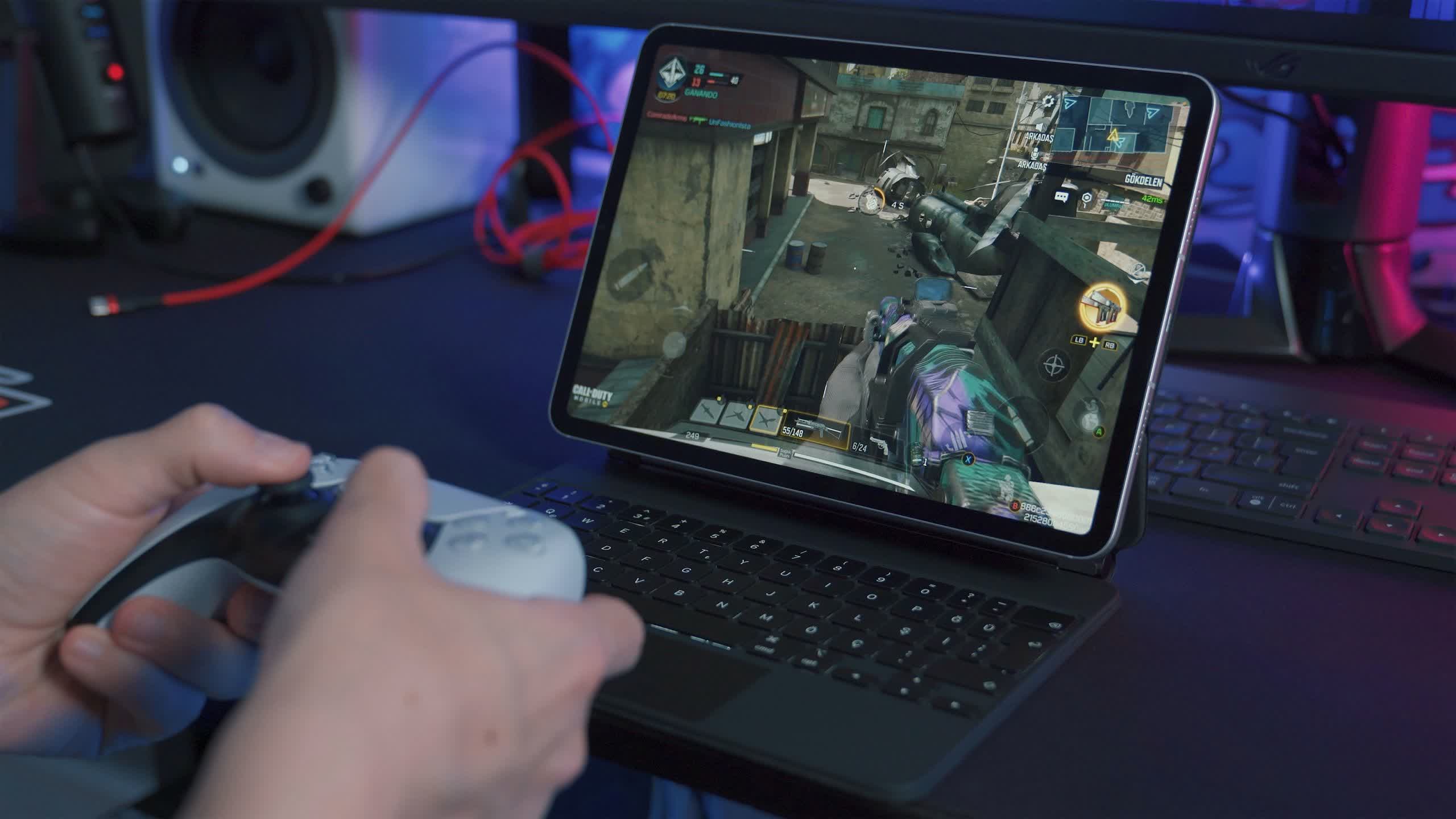In brief: Activision Blizzard released its quarterly financial report last week, which paints a picture of a bleak future for the platform hierarchy. The troubled company's revenue fell year on year thanks to plummeting PC and console sales, and now mobile games make up half its income.
Nowadays, Activision Blizzard should really be called Activision Blizzard King. If you haven't heard of King, you'd be forgiven. It's the maker of Candy Crush, Farm Heroes, Bubble Witch, and little else. But it's also a money printer. King made $685 million for Activision Blizzard last quarter, when the two namesakes only made $600 and $296 million, respectively.
Activision made the most in the console market, with $360 million. It generated $100 million from the PC and $135 million from mobile sales, a good portion of which would've come from the evergreen Call of Duty Mobile. It seems to be doing better than 2021's CoD Vanguard, which is a sad state of affairs.
Blizzard launched the unpopular but profitable Diablo Immortal at the start of June, which has grossed over $100 million. It managed to rake in another $229 million from PC titles like World of Warcraft and Overwatch, but only a paltry $19 million on consoles.

If you total those numbers, you get the mobile revenue making up a slim majority of Activision Blizzard's revenue last quarter --50.5%, or $831 million. Year-over-year console and PC revenue almost halved, dropping to $376 (23%) and $332 million (20%), respectively. Other sources of income, primarily live events and esports broadcasts, comprised about six percent of the company's revenue ($100 million).
Obviously, the publisher is prioritizing mobile games, but console and PC games will make a comeback in the company's bottom line later this year. It has three colossal money makers waiting in the wings: Overwatch 2, CoD Modern Warfare 2, and the Dragonflight expansion for World of Warcraft.
There's no need to worry about the immediate future of Activision Blizzard's games made for the traditional gaming mediums, particularly as Microsoft's acquisition of the company moves forward. But as it continues to focus its investments on the mobile sector, the likelihood of it developing new and ambitious PC and console franchises slowly fades away.
